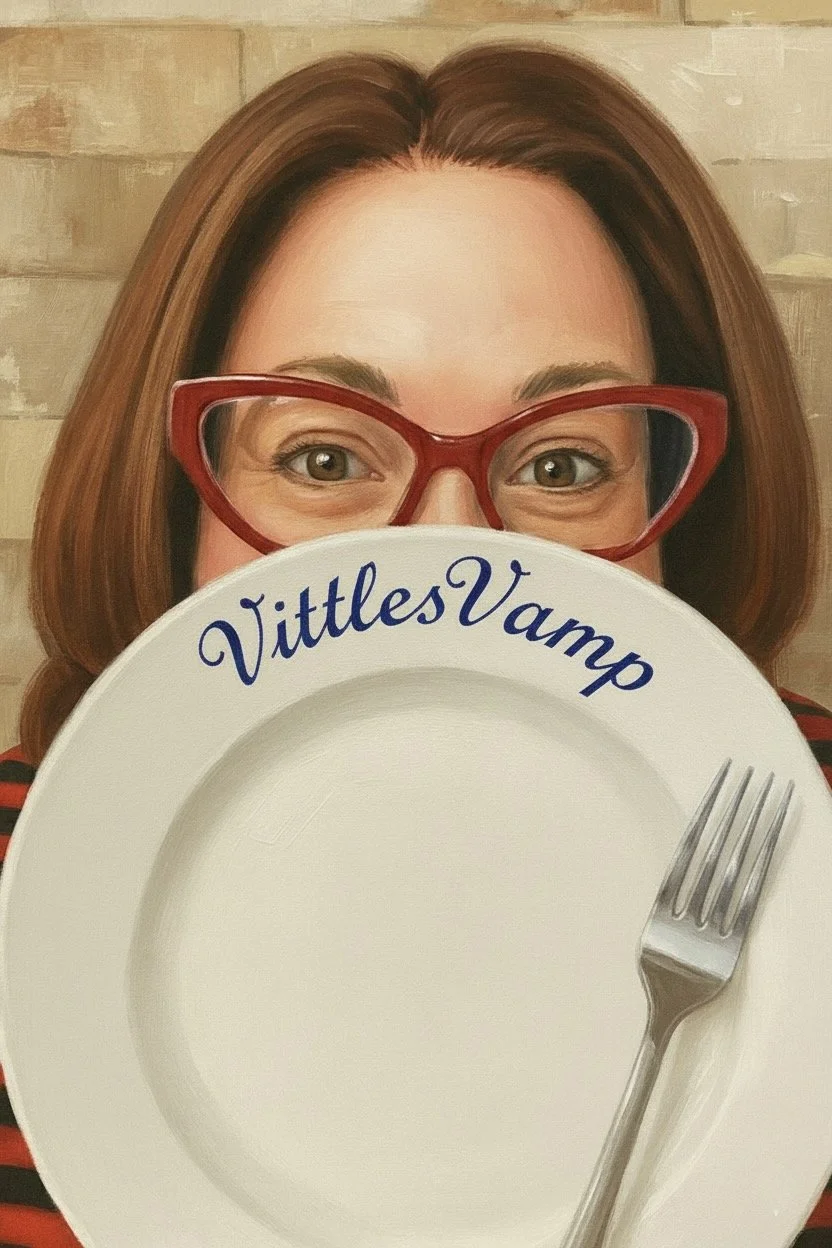The Passion of the Vittles

Last night, I went to a taping of "Inside the Actor's Studio" featuring comedian George Carlin. Host James Lipton was his usual pompous self, but Carlin didn't seem to mind and riffed on and on about his urban Catholic School upbringing and how it impacted his life and comedy.
Of course, my mind turned to the impact of religion on food. (I'm an obsessed freak - I know!)
Just this past week my friend Maggie mentioned that she noticed that Wendy's had started to sell a fish sandwich. What's the religion hook? According to Maggie, it's only available on Fridays. Of course, the Catholic Church has allowed its followers to eat meat on Fridays for a good long time now, but still the implication is clear.
And, Wendy's is most certainly not the only fast-food chain riding the religion bandwagon. Chick-Fil-A, which lays claim to the chicken sandwich niche in the fast-food world closes its doors on Sundays - all 1,125 of them. The company's Web site provides an explanation:
Admittedly, closing all of our restaurants every Sunday makes us a rarity in this day and age. But it's a little habit that has always served us well, so we're planning to stick with it.
Our founder, Truett Cathy, wanted to ensure that every Chick-fil-A employee and restaurant operator had an opportunity to worship, spend time with family and friends or just plain rest from the work week. Made sense then, still makes sense now.
But, can we call this cross-section between food and religion a "new" trend? C'mon folks: I'm Jewish, but I've even heard the story of the fishes and the loaves.
And, for the last century or so church suppers have been at the center of many a Christian community. Although, we often hear about the glorious Fried Chicken and Soul Food Suppers that are had at Baptist churches across the country, if a report from The Material History of American Religion Project is to be believed even Martini-sipping Protestants have found religion over a meal or two:
For many church-going Americans, church meals are often as important as services, doctrine, or ethics...
...Most studies of food and religion in America focus on cultures that seem to be "exotic." Anthropologists and folklorists are fascinated with the foodways of Jews and ethnic Catholics, while ignoring food practices among white middle class Protestants; this prompts one colleague to wonder if Protestants eat at all. While foodways scholars ignore them, much of the rest of the culture laughs at food events in Protestant churches. The work of Garrison Keillor and such cookbooks as They Glorified Mary . . . We Glorified Rice are just two examples.
I believe, however, that we can learn more from Protestant church meals than just a good Jell-O salad recipe. No matter how laughable these meals might appear, this paper argues that, for these Protestants, church meals both reflect and shape the structure of the world.
And, I won't even start in with my people and the smoked fish-athon that is the typical Yom Kippur break-the-fast. For those of you that read the site regularly, you'll know that it's a scene and a half at my place.
So, religion and food, religion and food...Since, I really don't have a good wrap-up on the topic, I'll let a few choice religion and food comments from George sum it up:
Atheism is a non-prophet organization.
When cheese gets it's picture taken, what does it say?
I'm not concerned about all hell breaking loose, but that a PART of hell will break loose... it'll be much harder to detect.
Whever you see the word cuisine used instead of the word food, be prepared to pay an additional eighty percent.
